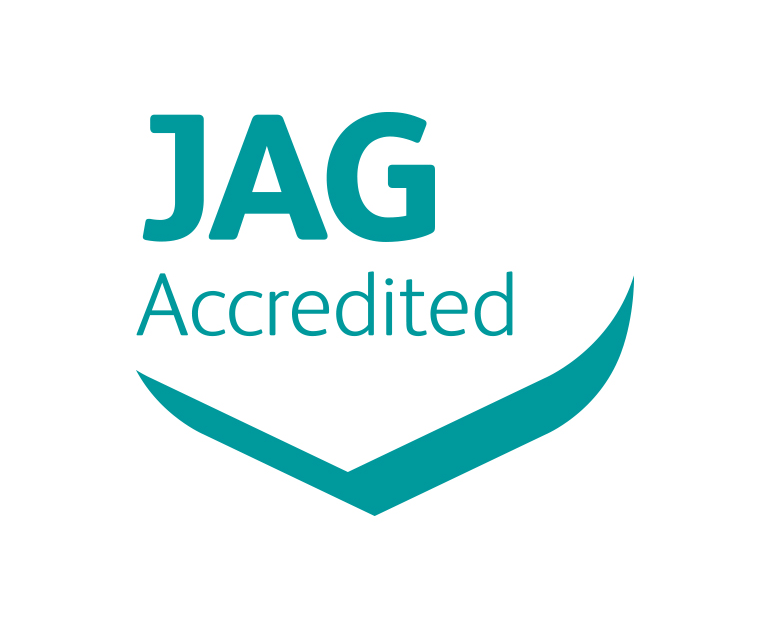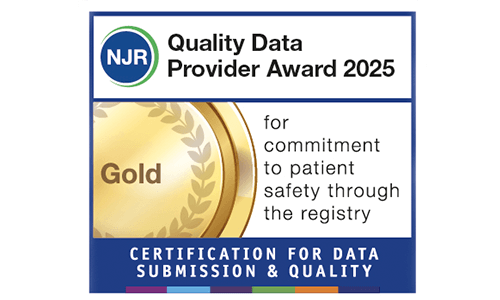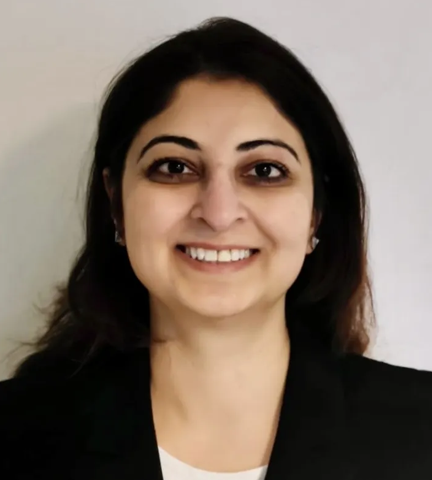Radiotherapy Specialists at Rivers Hospital
-
Dr Venkatesh Gajapathy
Oncology
Dr Venkatesh Gajapathy is a Consultant Oncologist in Essex and Hertfordshire
View Profile -
Dr Abdel Hamid
Oncology
Dr Abdel Hamid is a Consultant Clinical Oncologist in Essex and Hertfordshire, specialising in urological, breast, head and neck, and gynaecological cancers.
View Profile -
Dr Apostolos Konstantis
Oncology
Dr Apostolos Konstantis is a Consultant in Medical Oncology in Sawbridgeworth, Hertfordshire who specialises in breast cancer.
View Profile -
Dr MB Mukesh
Oncology
Dr. M B Mukesh is a cancer specialist in Essex and Hertfordshire dealing with breast cancer, skin cancer including malignant melanoma, ovarian cancer, carcinoma of unknown primary and pancreatic / gastric cancers.
View Profile -
Dr Nihal Shah
Oncology
Dr Nihal Shah, Clinical Oncologist in Sawbridgeworth, Hertfordshire
View Profile -
Dr Sunil Skaria
Oncology
Dr Sunil Skaria is a Consultant Oncologist in Essex and Hertfordshire specialising in lung, breast and skin cancer.
View Profile -
Professor Peter Szlosarek
Oncology
Professor Szlosarek is an Oncologist in Hertfordshire.
View Profile


